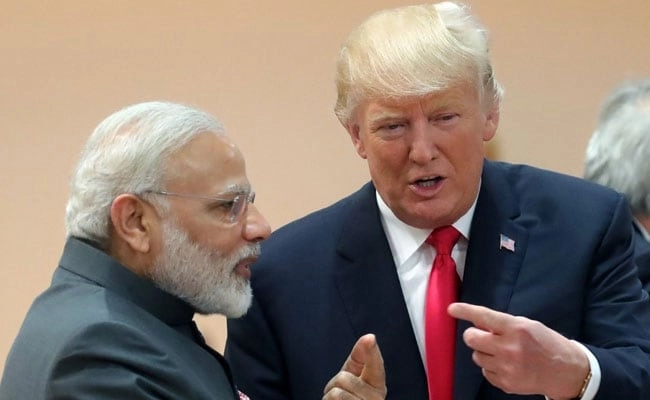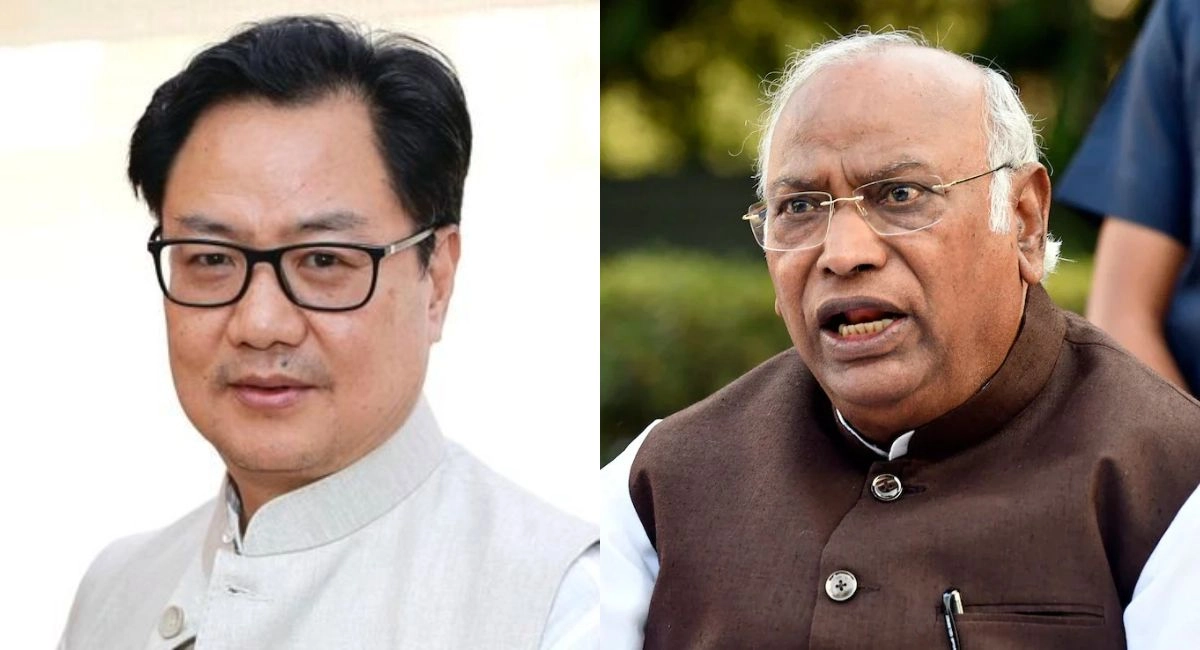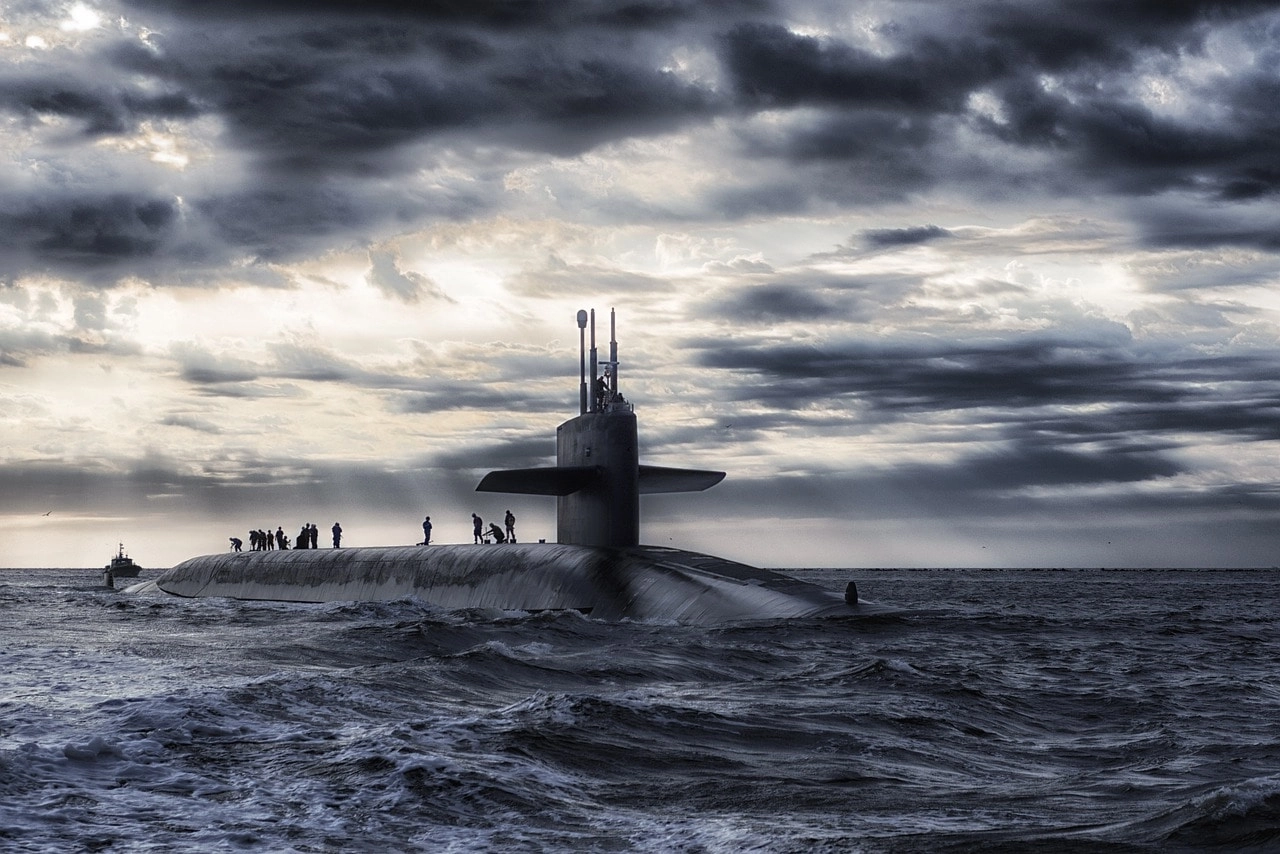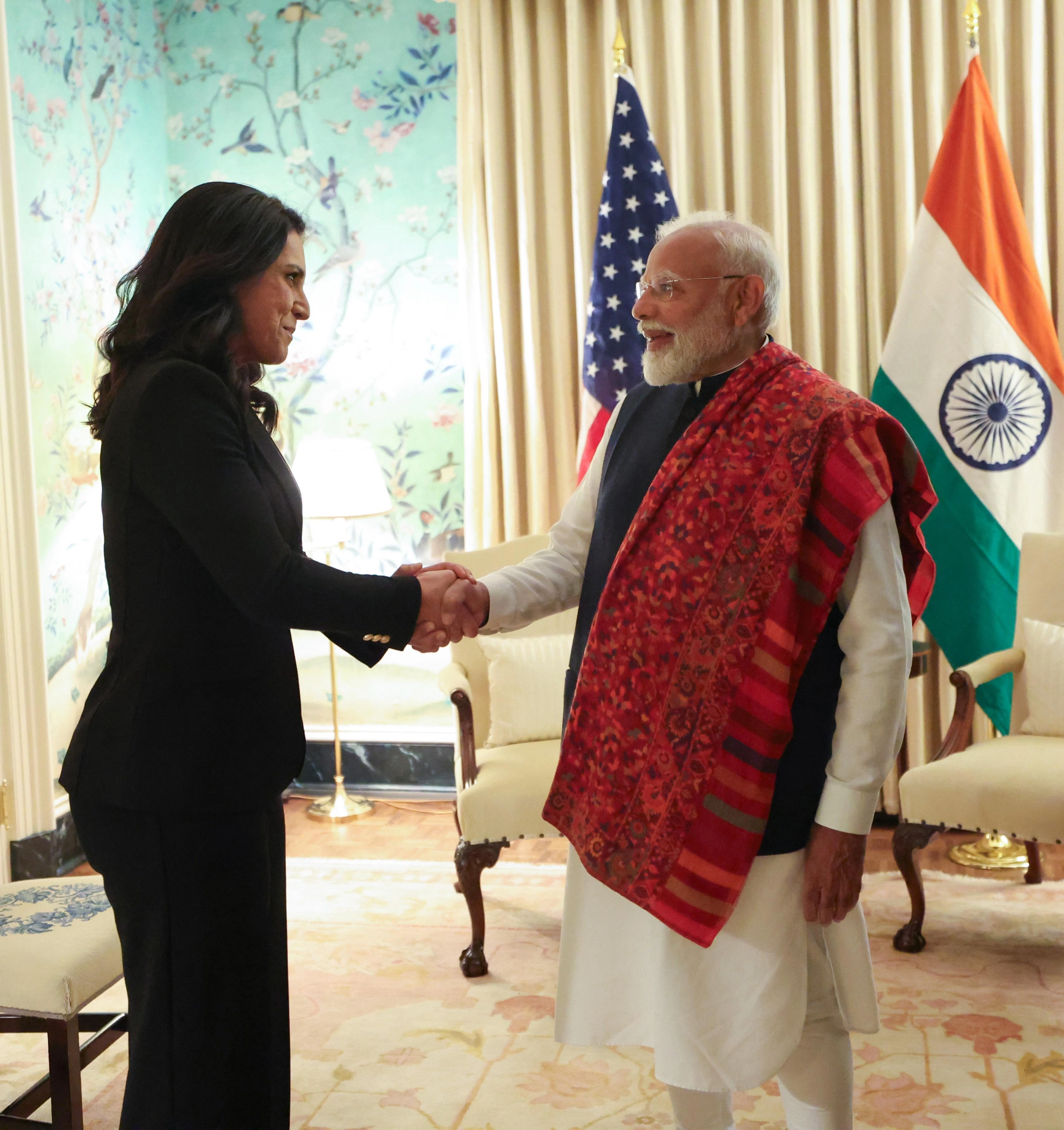In a recent statement, former President Donald Trump has issued a stark warning regarding India’s growing military capabilities, asserting that the nation is “fuelling a war machine.” His remarks come in the context of escalating geopolitical tensions and shifting alliances that have characterized the international landscape in recent years. Trump has threatened to impose substantial tariffs on Indian goods within a 24-hour timeframe if the country does not adjust its military expenditures and policies. This declaration has raised eyebrows and sparked discussions about the implications of such a move, both for the U.S.-India relationship and for global trade dynamics.
Trump’s comments highlight the increasing concern among U.S. officials regarding India’s defense spending, which has seen significant growth as the country seeks to bolster its military capabilities amidst regional threats. His assertion that India is enhancing its military strength could be interpreted as a call for greater accountability and transparency in defense spending. The former president’s use of tariff threats as a lever in diplomatic negotiations reflects a broader strategy that emphasizes economic pressure as a tool to influence foreign policy. This approach raises questions about the potential consequences for U.S.-India trade relations, which have been historically significant and mutually beneficial.
As India continues to navigate its security challenges, the prospect of tariffs could pose a serious economic challenge for the country, particularly in the context of its ongoing efforts to attract foreign investment and promote economic growth. A significant increase in tariffs could disrupt existing trade agreements and lead to retaliatory measures, further complicating an already delicate diplomatic situation. Moreover, Trump’s rhetoric may resonate with certain factions within the U.S. that advocate for a more aggressive stance toward nations perceived as threats, potentially reshaping the narrative around U.S. foreign policy in the Indo-Pacific region.
The implications of Trump’s threat extend beyond just economic considerations; they touch upon broader themes of international relations, security, and the balance of power. As nations navigate the complexities of alliances and rivalries, the potential for conflict increases, and the role of economic tools in diplomacy becomes ever more pertinent. Ultimately, the unfolding situation will require careful management from both the U.S. and India to maintain stability and foster cooperative engagement in an increasingly multipolar world.




